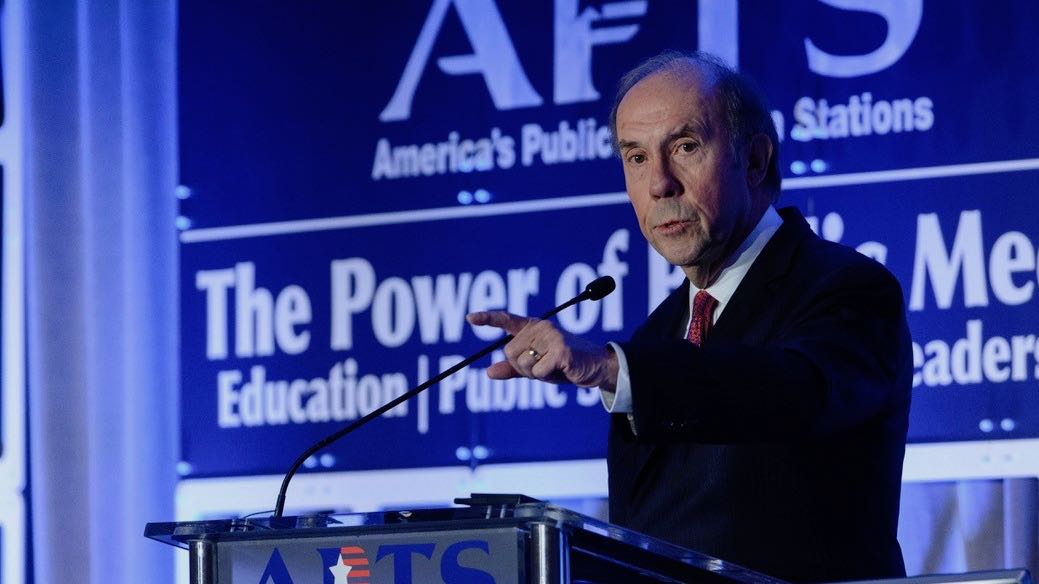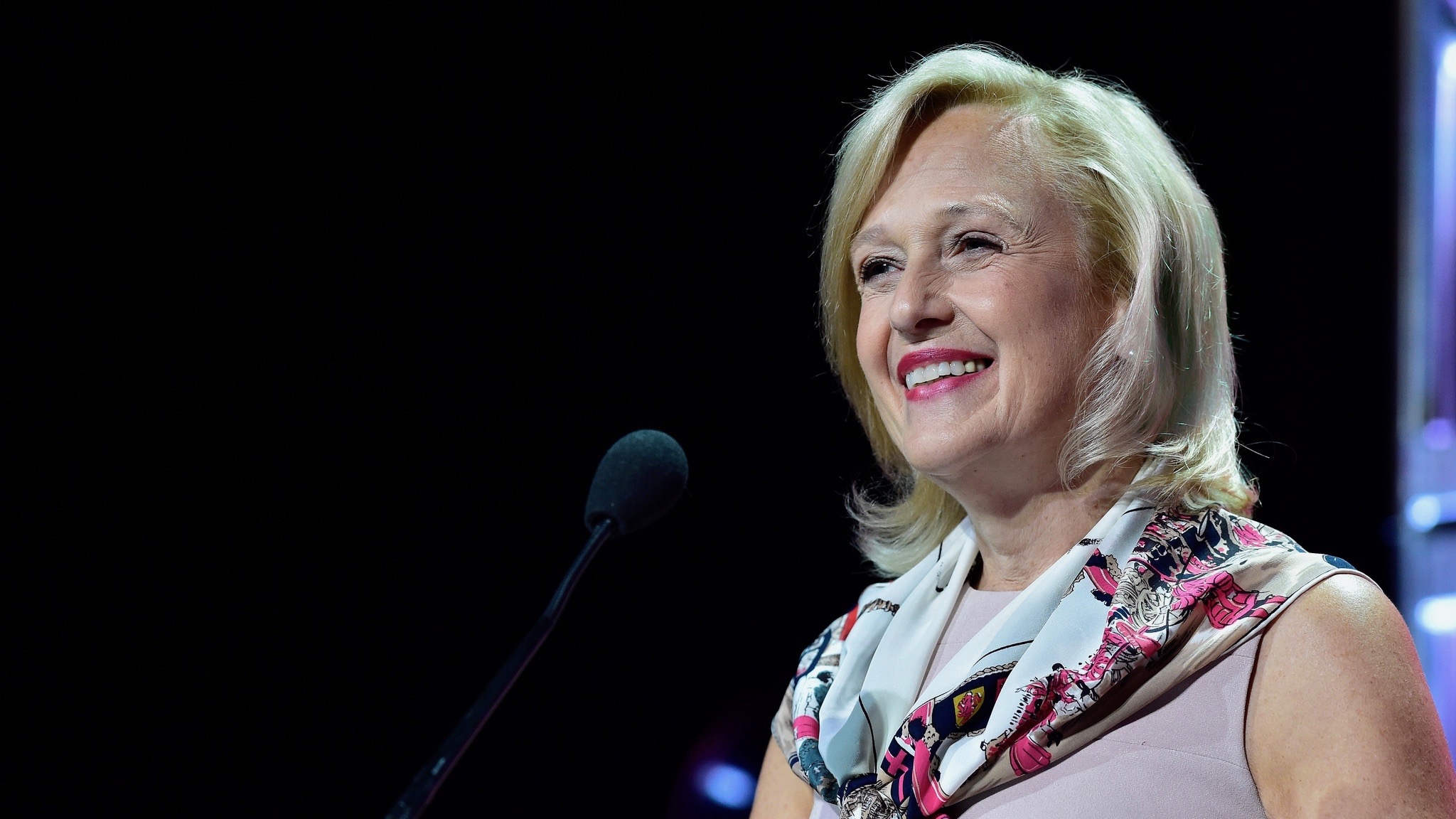Tag: Federal funding
KEET leader says CPB is pressuring California station into merger
David Gordon said KEET will work with CPB, PBS and members of Congress to save the station.APTS’ Butler sees good outlook for pubcasting support after midterms
Public broadcasting "may hope for, and we are planning for, more public support over the next 10 years,” America's Public Television Stations ...Trump approves Labor–HHS support for CPB, interconnection, Ready To Learn
The Labor-HHS-Education Bill has not been signed into law before the end of the fiscal year for more than two decades.Senate approves funds for CPB, interconnection, Ready To Learn
The Labor, Health and Human Services and Education bill would provide $445 million for CPB in FY21.House panel sustains funding for CPB, interconnection, Ready To Learn
“The broad bipartisan support on the committee for these funds constitutes an encouraging vote of confidence," said APTS President Pat Butler.Senate panel proposes level FY21 funding for CPB, $20M for interconnection
The final legislation is expected to come before the full Appropriations panel for a vote Thursday.House budget proposes level funding for CPB in FY21
The bill also would provide $20 million for interconnection.CPB ups federal funding request to $455M for FY21
CPB also asked for $20 million for interconnection and $30 million for Ready To Learn.FY18 omnibus legislation includes funds for radio stations affected by repack
The law also provides $20 million for public broadcasting’s interconnection work.APTS’ Butler says pubcasting has ‘strong case to make for higher appropriation’
America's Public Television Stations opened its annual Public Media Summit Monday.Public media again in bull’s-eye in president’s FY19 plans
CPB would get only $15.5 million next year and $15 million in 2020 to shut itself down.Senate committee gives CPB full funding, $20M for interconnection
Both the House and Senate Appropriation panels defied the president on CPB funding.PBS’s Kerger warns of station shutdowns if CPB goes dark
"There is no plan B" to replace federal funding, Paula Kerger told TV critics during her executive session at the Summer Press ...House committee backs funds for Ready To Learn, passes over interconnection
The committee recommends $25.7 million for the public TV early literacy project.CPB director accuses public broadcasting of ‘identity politics’ in latest op-ed
Howard Husock continues his public criticism of CPB and federal funding for pubcasting.






